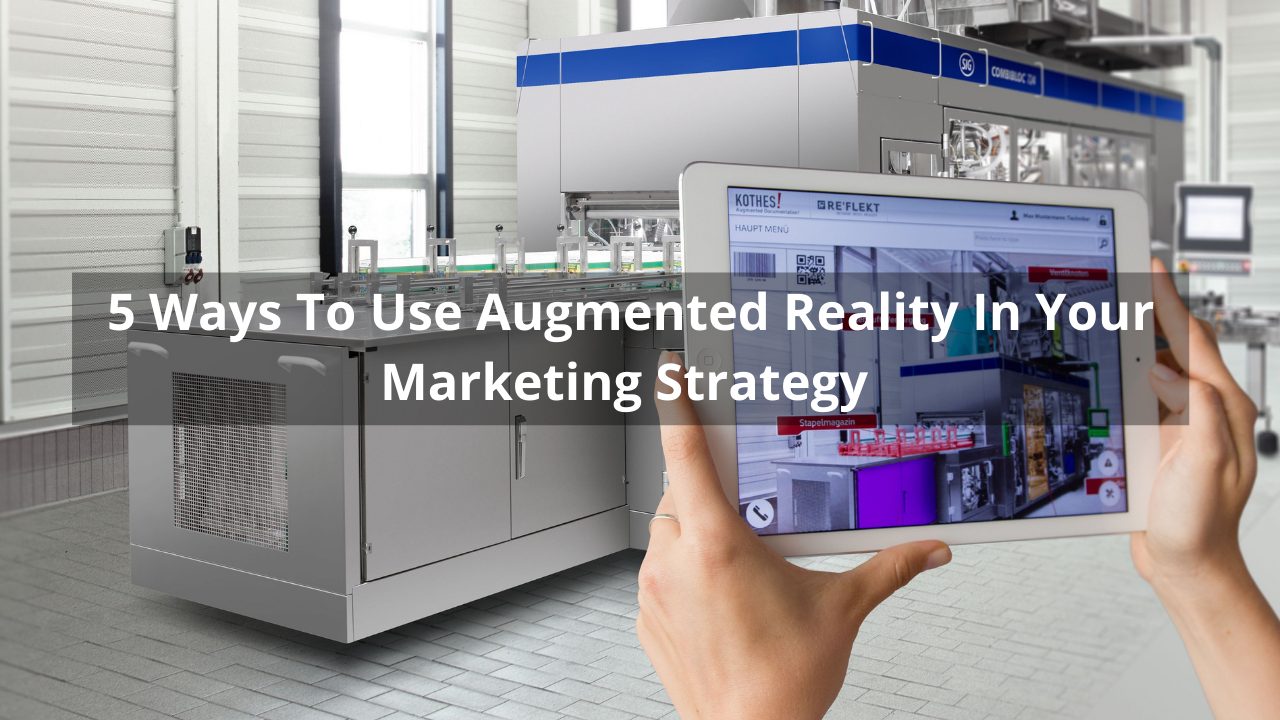5 Ways To Use Augmented Reality In Your Marketing Strategy
1) Lets Consumers Try It Out Before They Buy
Many consumers want to try on items before purchasing them. Fitting rooms, cosmetic samples, automobile test drives, and many other similar sales strategies support this idea. The retail industry’s fastest-growing trend is augmenting the customer’s shopping experience.
Soon, AR will allow customers to sample dozens or even hundreds of items via their phones and tablets without having to physically interact with them. AR will eliminate the cost of maintaining an extensive inventory of items, allowing customers to choose which item best suits their needs.
Recent attempts in the cosmetic industry have also embraced augmented reality. Brands such as Sephora, L’Oreal, and Perfect Corp have developed partnerships to let their customers view how their makeup would look on them. Online cosmetic sales strategies can benefit greatly from augmented reality, as consumers almost always need to determine whether a makeup product is suitable by modeling it themselves.
2) Leverage Augmented Reality For B2B
Augmented reality has the potential to dramatically change how the B2B sales process operates. For years, the tug-of-war between customer expectations and what vendors can realistically offer has haunted the B2B sales process. AR can transform the entire sales process in several ways.
A major area where AR can improve B2B sales is in creating dynamic sales presentations. Traditionally, salespeople were given brochures, flyers, and PowerPoint presentations. Comparing that to a sales force equipped with a digital device that presents a virtual 360-degree view of a company’s products, it is clear who has the advantage.
3) Increase Brand Awareness and Credibility
As augmented reality becomes more widely understood, it can also be used as part of an indirect sales and marketing strategy. While the previous use of AR was for direct tactics that resulted in sales, it can also be used to improve the brand’s status.
If executed properly, augmented reality experiences can result in a huge buzz for a brand. AR is still a relatively new phenomenon, so a well-designed AR experience can get people talking and lead to valuable customer relationships.
4) Augmented Touring And Assistance
Adding a digital component to physical locations and products is one way businesses can leverage augmented reality. Customers can use AR to pull up an extended experience on a product or object, either to provide additional product information or add supplemental brand information.
Mercedes and Hyundai both have adopted AR applications within the auto industry. Mercedes created an augmented manual, while Hyundai has created augmented manuals for drivers.
A business can use services such as GetEmail.io to find emails of specific individuals within an industry in one second. With the use of Big Data and Machine Learning Algorithms, all you need to collect someone’s email address is their first name, their last name, and their company domain.







